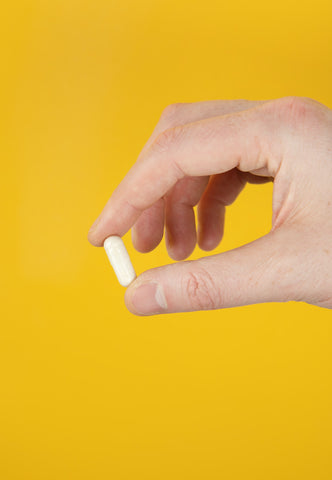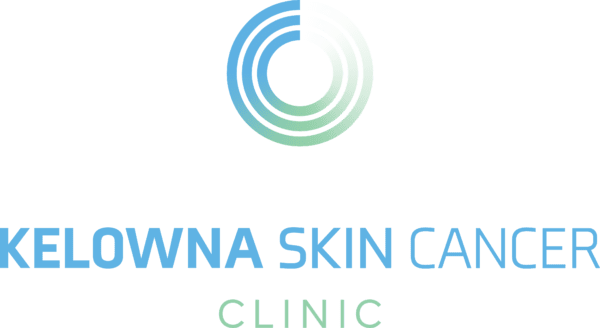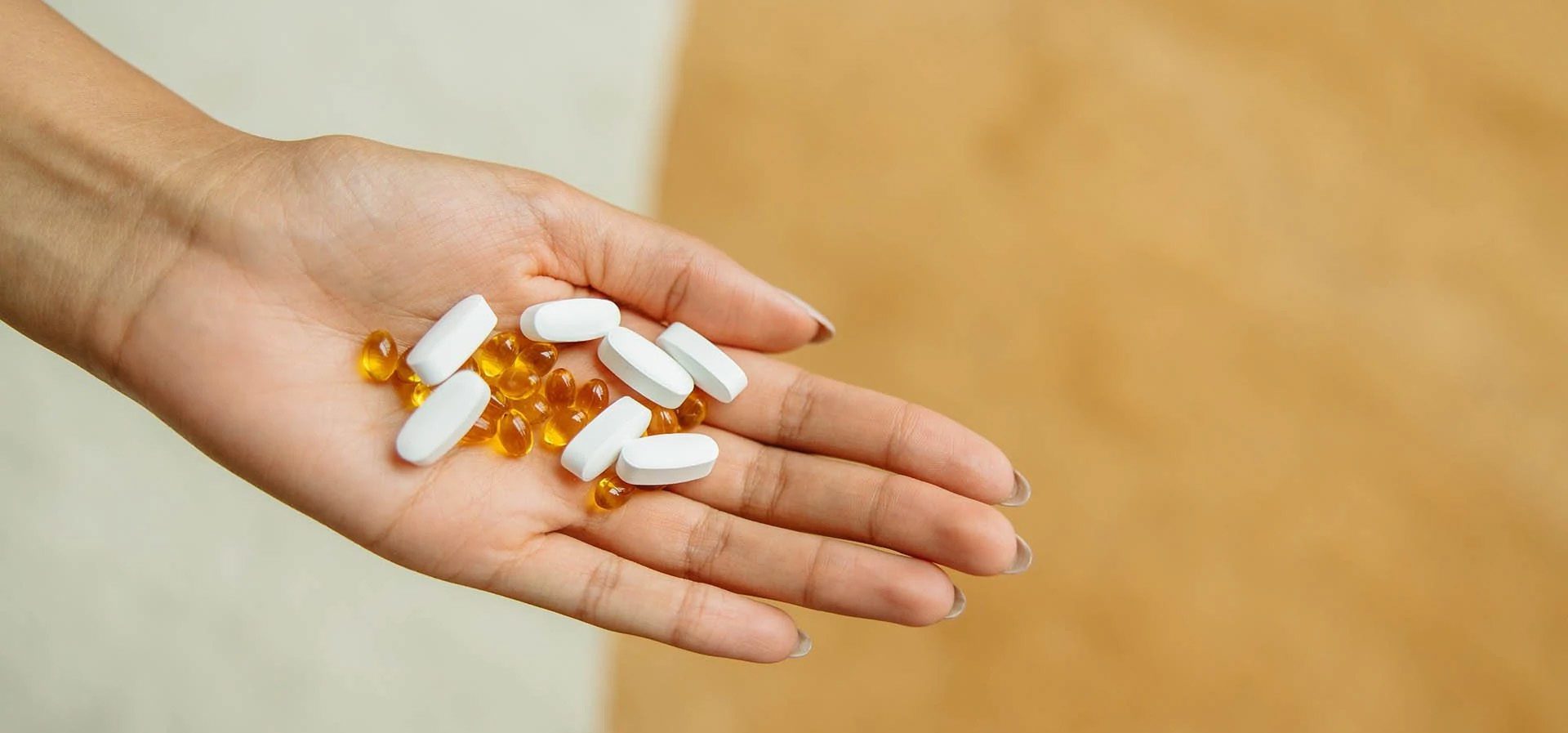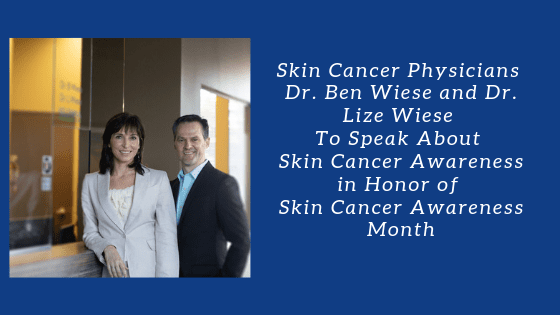It’s well known that UV radiation can damage our skin, especially cumulative damage over time. This damage can appear in the form of sun burns, inflammation, premature aging and skin cancers. Thankfully, there are measures that we can take to protect our skin, like avoiding sun exposure, wearing sun protective clothing and slathering on sunscreen. Recently, oral supplements have gained popularity as another protective factor. Niacinamide is often recommended by skin care physicians, especially for individuals who’ve already had skin cancer or are at a high risk. But what is Niacinamide, why is it recommended, and could it benefit you?
In this article, we’ll cover our most frequently asked questions about Niacinamide supplements. Let’s get started!
What is Niacinamide?

Niacinamide, also known as nicotinamide, is one of the main supplement forms of vitamin B3. The other is niacin, or nicotinic acid. In the body, excess niacin is converted into niacinamide.
Ultimately, all forms of vitamin B3 are converted into nicotinamide adenine dinucleotide (NAD) within the body. Since every cell in the body requires NAD to function, vitamin B3 is classified as an essential vitamin.
Are Niacinamide & Vitamin B3 the same thing?
Yes, and no. Niacinamide is a form for vitamin B3, but there are other forms available. While closely related, these forms act differently in the body and are worth distinction. If you have been prescribed one form, do not substitute unless directed by your healthcare provider.
Niacin, an alternative form of vitamin B3, can cause flushing and skin irritation. Niacinamide is bound with amino acids, which helps to prevent this side-effect.
What does Niacinamide do in the body?
Vitamin B3 is a precursor to NAD+, NADH, and NADP+, molecules that are required to produce cellular energy. These molecules also play a pivotal role in enhancing DNA repair, including the DNA in skin cells damaged by UV radiation.
NAD+ levels can decline by as much as 50% as we age. It’s thought that by supplementing the precursor, your body is able to produce more NAD+. This helps to repair damage and promote cellular health.
Cancer is caused by mutations in cellular DNA which replicate out of control. For skin cancer, UV radiation damages genetic material in the skin and causes mutations. Niacinamide has been shown to play a role in stabilizing DNA replication, which is why it’s used to help counteract sun damage that leads to skin cancers.

Is Niacinamide a replacement for other sun protection?
No! Niacinamide supplements can help to repair damage, and as an anti-inflammatory, can help to protect your skin from further damage. They can be a great addition to your sun protection regime, but should not be used as a replacement for sunscreen, sun protective clothing and other sun-safe practices.
Where is Niacinamide found naturally?
While B vitamins are essential, they’re found naturally in many of the foods we consume. These foods include:
- Poultry
- Beef
- Pork
- Fish
- Milk
- Eggs
- Nutritional Yeast
- Green vegetables
- Beets
- Mushrooms
- Whole grains
- Nuts & Legumes
In North America, many of the breads and cereals that we consume are also fortified with B vitamins.
Why take a Niacinamide supplement?

Niacinamide, like all B vitamins, is water soluble. This means that there’s no long-term storage in the body, and we need to regularly consume vitamin B-rich foods in our diet.
Through fortification and it’s abundance in our foods, Vitamin B3 deficiencies are rare in North America. Rather than from a scarcity in food, they most commonly occur through genetic disorders, malabsorption, and interaction with certain medications.
While it’s uncommon to be deficient, many people experience health benefits in vitamin B3 supplementation. Because it’s water soluble, niacinamide is well-absorbed when taken orally. It’s often found in low doses in B complex supplements, which include an array of the eight B vitamins.
What are potential Niacinamide benefits?
Niacinamide is approved by the FDA in the treatment of pellagra, a disease caused by niacin deficiency. Other areas where it’s shown to be likely effective are:
- acne
- diabetes
- high levels of blood phosphate
- osteoarthritis, and
- nonmelanoma skin cancers
There are many areas where Niacinamide is showing great potential. However, there’s not enough research in these areas yet to classify it as a designated treatment.
Niacinamide & skin cancer

For people who are high-risk or have a history of nonmelanoma skin cancer, niacinamide supplementation has been shown to help prevent new skin cancers and precancerous spots.
Niacinamide skin benefits
Because of its function in repairing damaged skin, Niacinamide is being investigated for other skin benefits. These include the reduction of fine lines and wrinkles, redness, sallowing and blotchiness. Clinical studies in this area are showing promise, and many skincare companies have started adding Niacinamide into topical products.
Research involving Niacinamide
One of the most prominent studies linking niacinamide and skin cancer prevention was reported in the 2015 New England Journal of Medicine. In this study, researchers gave 386 patients 500mg of oral niacinamide, or a placebo, twice a day for one year. Results showed that during the year-long study, there were 23% fewer new cases of skin cancer in the group that had received niacinamide.
It’s important to note that all of the participants in this study had a history of nonmelanoma skin cancer, reporting at least two cases within the past five years. All participants were high-risk for developing another skin cancer.
For the general public, more research is needed. However, if you’ve had nonmelanoma skin cancers in the past and are looking to supplement your sun protection, why not ask your skin care physician about niacinamide.
Speaking to a professional will help you determine if niacinamide is a good option for you, and also ensure that you’re getting the right dosage.
Niacinamide and Sun Exposure

Supplementation is not a replacement for sun protection. We want to be very clear on that. While it can help decrease UV-induced damage and inflammation in at-risk individuals, Niacinamide is only recommended as an adjunctive therapy.
Outside of avoiding the sun, sun protective clothing and sunscreens with high SPFs provide the best protection from UV damage.




